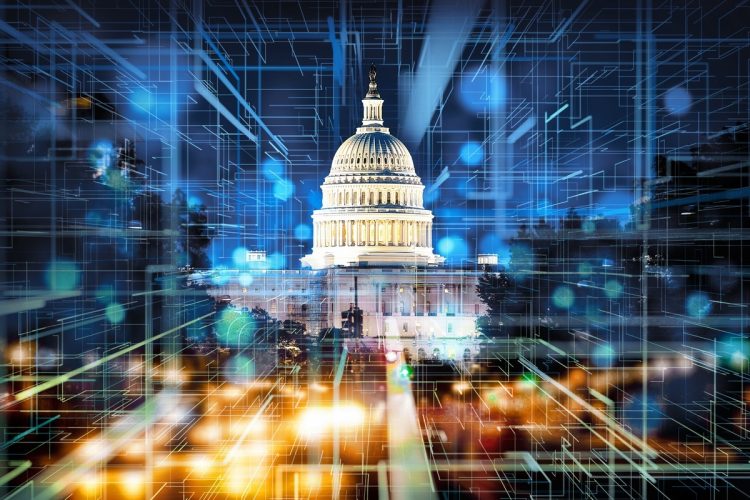Scorecard: US States Adopt New Energy-Saving Rules but COVID-19 Slows Overall Progress

Categories :
CA ranks #1 in U.S.: MA, MN, CO, and VA are regional winners; NV is most improved
More U.S. states have adopted or advanced new energy-saving targets and vehicle and appliance rules, but COVID-19 slowed other efficiency efforts, according to the 2020 State Energy Efficiency Scorecard released Wednesday. For the first time in four years, California took first place nationwide, edging out Massachusetts, the leader in the Northeast. Other regional leaders include Minnesota in the Midwest, Colorado in the Southwest, and Virginia in the South.
After ranking US cities by their clean energy efforts, the 50-state scorecard (which also includes Washington, DC) from the American Council for an Energy-Efficient Economy (ACEEE) found that states, many of which have set ambitious climate goals since 2018, had to abruptly shift their focus this year to mitigate the health and economic impacts of the deadly global pandemic. Across the country, energy efficiency workers lost jobs—with an estimated more than 300,000 still unemployed—pointing to the need for policymakers to help get them back to work.
While some efficiency efforts stalled, others advanced before or during the pandemic. In top-ranked California, for example, utility regulators in January approved $45 million in incentives for high-efficiency heat pump water heaters, a crucial technology for reducing greenhouse gas emissions. In September, Governor Gavin Newsom issued an executive order calling for the phase-out of new gasoline-powered vehicles by 2035.
Rounding out this year’s top 10, are Massachusetts (#2), Vermont (#3), Rhode Island (#4), New York (#5), Maryland (#6), Connecticut (#7), Washington, DC (#8), and Minnesota and Oregon (tied for #9).
“A number of states see that they have to act aggressively now to cut carbon emissions, but others just aren’t acting urgently. We need to see more states follow the leaders here, and quickly. Aggressive state policies combatting climate change are absolutely necessary no matter what gets done in Washington,” said Steven Nadel, ACEEE executive director. “In this pandemic and recession, policymakers can embrace efficiency efforts to help residents reduce their utility bills and to get more people back to work, all while cutting pollution.”








